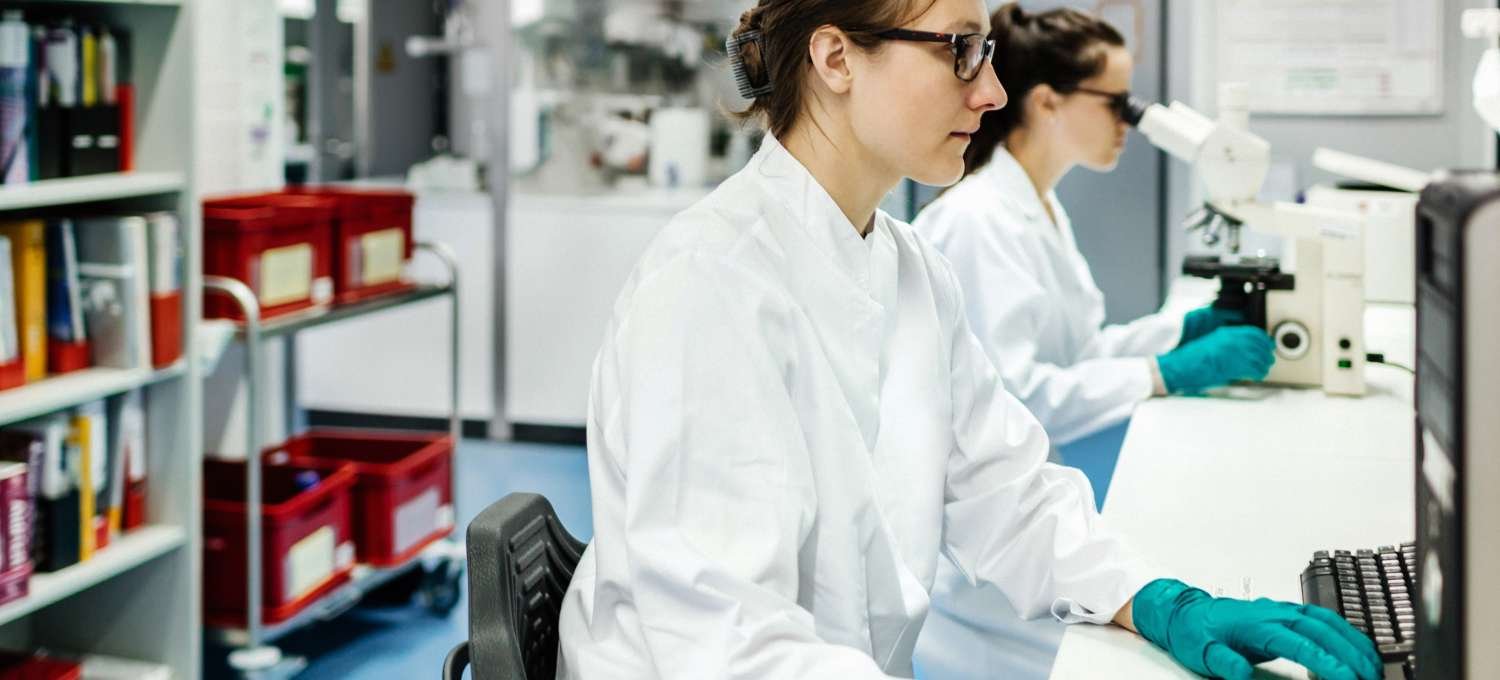Medical laboratories play a crucial role in the healthcare industry, providing vital information for diagnosing, monitoring, and treating patients. From clinical laboratory tests to blood analysis, these facilities are at the forefront of medical science, contributing to patients’ overall well-being. This article explores medical laboratories’ importance and their valuable role in healthcare.
Clinical Laboratory Tests: A Foundation for Diagnosis and Treatment
Clinical laboratory tests are a fundamental aspect of modern healthcare, aiding in diagnosing and managing various medical conditions. These tests encompass a wide range of analyses, including blood, urine, and tissue samples, and play a pivotal role in determining a patient’s health status.
By analyzing these samples, medical laboratory scientists can provide healthcare professionals with essential information to diagnose accurately and formulate effective treatment plans. Clinical laboratory tests are indispensable in guiding patient care, from identifying infectious diseases to monitoring organ function.
The Expertise of Medical Lab Scientists
Behind the scenes of every medical laboratory, there are dedicated medical lab scientists who conduct complex analyses and ensure the accuracy of test results. These professionals play a critical role in the functioning of medical laboratories, using their expertise to perform a variety of tests with precision and care.
Medical lab scientists are trained to operate sophisticated laboratory equipment, interpret test results, and troubleshoot any issues that may arise during testing. Their attention to detail and commitment to quality control are essential in producing reliable and actionable data for healthcare providers.
Blood Test Laboratories: Unraveling Vital Health Information
Blood tests are among medical laboratories’ most common diagnostic tools, providing valuable insights into a patient’s overall health and well-being. From assessing cholesterol levels to detecting markers of inflammation, blood tests offer a comprehensive view of an individual’s physiological state.
In addition to routine blood tests, medical laboratories also conduct specialized analyses, such as genetic testing and blood typing, which can have far-reaching implications for patient care. The information derived from these tests empowers healthcare professionals to make informed decisions and tailor treatment strategies to each patient’s unique needs.
The Advancements in Medical Science Laboratories
The field of medical science is continually evolving, driven by technological advancements and innovative research. Medical laboratories serve as hubs of scientific inquiry, where new testing methodologies and diagnostic tools are developed and refined to enhance patient care.
From molecular diagnostics to personalized medicine, medical science laboratories are at the forefront of pioneering approaches to reshaping modern medicine. By embracing these advancements, medical laboratories are poised to deliver patients more precise and individualized healthcare solutions.
The Impact on Patient Care and Outcomes
Ultimately, the work of medical laboratories directly impacts patient care and outcomes, influencing the quality of healthcare delivery across diverse medical specialties. The timely and accurate information from medical laboratory tests enables healthcare providers to make well-informed decisions, improve patient management, and achieve better treatment outcomes.
By understanding the pivotal role of medical laboratories in healthcare, patients can appreciate the significance of laboratory testing in their overall medical journey. From routine check-ups to complex diagnostic evaluations, medical laboratories are indispensable partners in promoting and safeguarding the health of individuals and communities.
In conclusion, the role of medical laboratories in healthcare is multifaceted and indispensable. From conducting clinical laboratory tests to advancing medical science, these facilities are integral to delivering high-quality patient care. By recognizing the importance of medical laboratories, individuals can gain a deeper understanding of these facilities’ critical role in promoting wellness and ensuring optimal healthcare outcomes.




